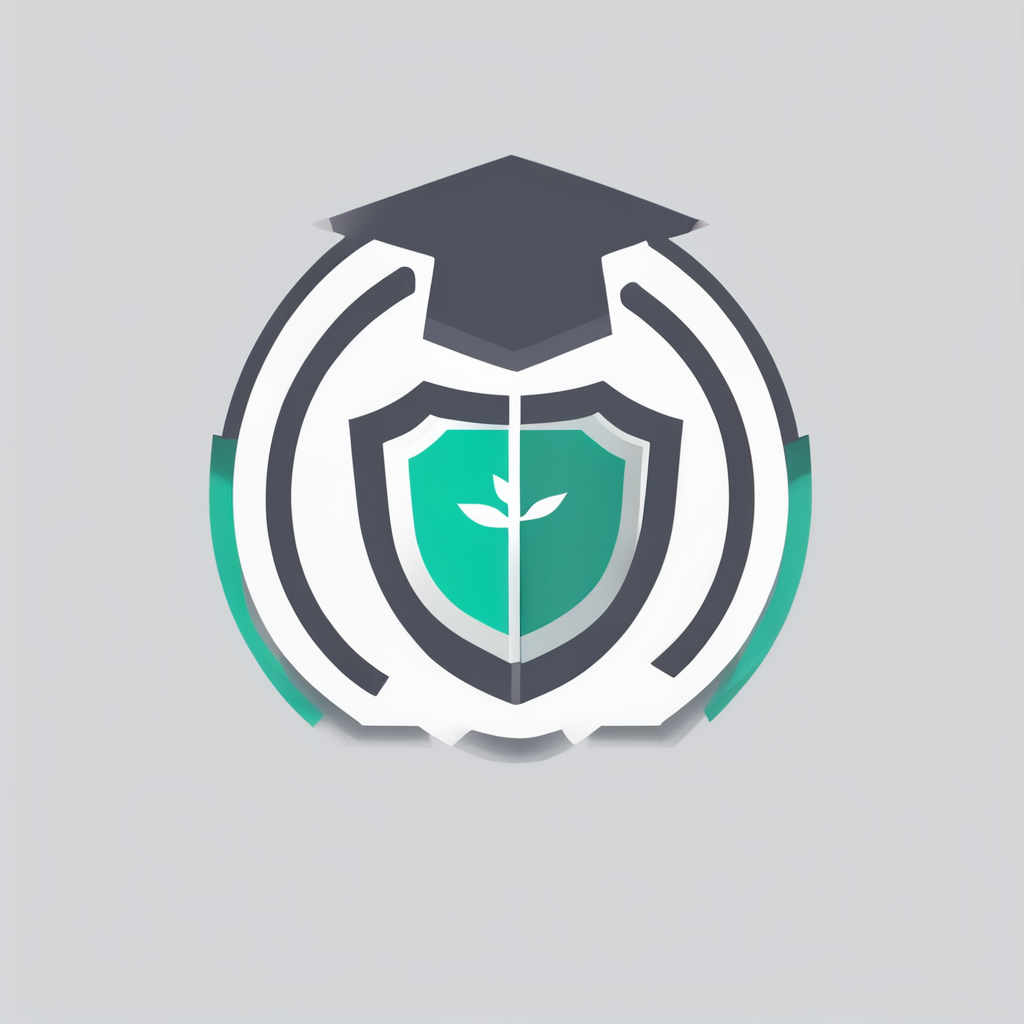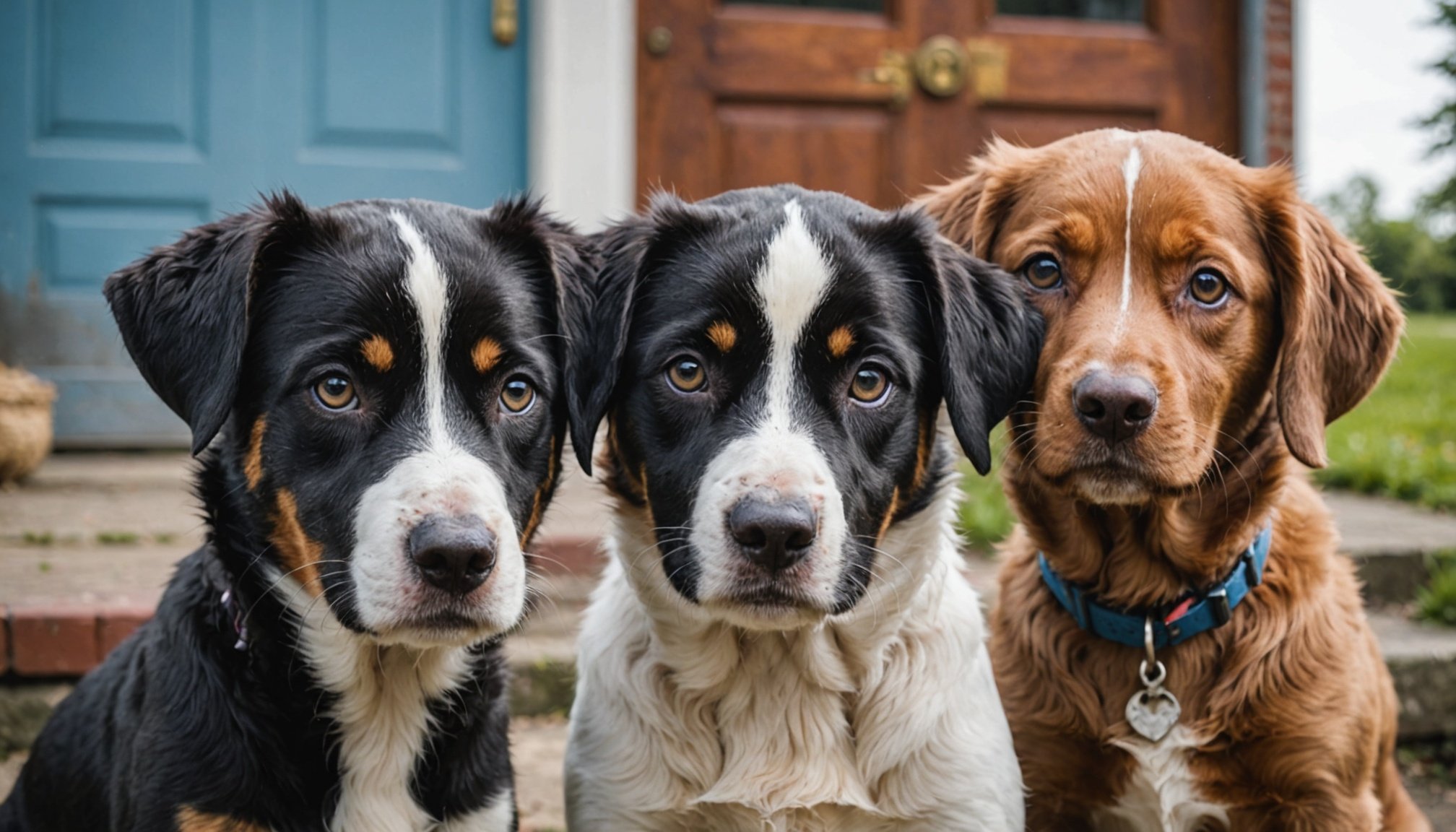Understanding Animal Welfare Laws in the UK
Adhering to the right animal welfare laws is crucial for anyone involved in the care and adoption of pets within the United Kingdom. Central to these laws is the Animal Welfare Act 2006, which ensures the well-being of animals by mandating that they are protected from harm and neglect. The UK regulations also include the “Licensing of Activities Involving Animals Regulations 2018,” setting specific standards for those engaged in pet adoption and welfare-related activities.
It’s paramount for adoption agencies to comply with such legislation to operate legally and safeguard animals’ rights. Non-compliance can lead to severe consequences, including fines, closure of the agency, or prosecution. This not only affects the organisations involved but also the animals and the families looking to adopt.
Additional reading : Must-know insurance essentials for uk adventure sports enterprises: your comprehensive guide!
The pet adoption legislation requires that agencies meet criteria such as proper housing, nutrition, and healthcare for animals, along with adequate record-keeping. Understanding these regulations and ensuring compliance not only helps in running a legal and efficient agency but also assures potential adopters of the welfare standards upheld. Compliance further builds trust among the community and strengthens the relationship between agencies and the public.
Setting Up the Pet Adoption Agency
Establishing a pet adoption agency requires careful planning and adherence to regulations. Determining the right agency structure, such as operating as a charity or non-profit, is crucial. Each structure has its benefits and obligations, influencing fundraising and operational flexibility.
This might interest you : Ultimate blueprint for starting a uk online book club: ensuring data protection compliance every step of the way
The registration process is fundamental. Agencies must register with appropriate authorities, ensuring compliance with local and national standards. This often involves obtaining legal documentation and licenses necessary for operation, such as permits indicating the facility meets health and safety regulations. Understanding these requirements can prevent operational setbacks.
Legal documentation includes registering the agency’s name and purpose. Depending on the structure, there may be additional paperwork for tax exemption status or charity registration. It is also essential for agency founders to clearly define their mission and operational goals in these documents, reflecting their commitment to animal welfare and community service.
Adhering to regulations ensures the agency can operate smoothly and effectively. Non-compliance can lead to fines or even closure, so meticulous attention to detail during setup pays dividends. By securing the correct licenses and aligning with legal requirements, pet adoption agencies can focus on their primary goal: providing loving homes for animals in need.
Best Practices for Animal Welfare
Providing exemplary animal care practices is fundamental for any pet adoption agency. Establishing welfare best practices ensures that animals are healthy, happy, and ready for adoption. Adoption agencies should maintain high standards, focusing on areas such as housing, diet, and routine health checks to ensure animal well-being.
Effective shelter management involves creating a comfortable and safe environment for the animals. This includes providing clean, spacious accommodation with adequate shelter from weather, and ensuring that animals have access to fresh water and nutritious food at all times. Regular veterinary care and vaccinations are critical components of maintaining animal health and averting potential outbreaks of disease.
Training and staff management are also pivotal in implementing proper animal care. Staff should be trained in basic animal behaviour and handling to ensure safety and reduce stress. Investing in regular training sessions can keep staff updated on the latest animal care techniques and welfare regulations.
Adhering to these welfare best practices not only enhances the reputation of the adoption agency but also encourages potential adopters to choose a shelter that genuinely prioritizes the well-being of animals. In this way, standards of care become a powerful tool in promoting successful adoptions.
Funding Options for Pet Adoption Agencies
Finding sustainable funding for animal shelters is essential to ensure operational success and continuity. Pet adoption agencies often rely on a mix of grants for pet adoption, donations, and smart fundraising strategies to maintain their activities.
Firstly, many local councils and private entities offer grants specifically aimed at enhancing animal welfare services. These funds can help cover essential expenses, such as food, medical care, and shelter maintenance. Applications for grants usually require detailed proposals that outline how the funds will be utilised effectively.
In addition, cultivating community support through donations is vital. Hosting fundraising events can generate both financial aid and community awareness. Auctions, sponsored activities, or themed events can engage the public and encourage participation.
Building solid relationships with local businesses and organisations is another effective strategy. Partnerships can provide not just funding but also in-kind contributions, like food or medical supplies. Some businesses may also be interested in sponsorship opportunities, further bolstering financial stability.
Adopting these strategies not only secures necessary resources but also strengthens community ties, enhancing the agency’s impact and outreach. This proactive approach ensures that pet adoption agencies continue to provide essential support for animals in need.
Community Engagement and Support
For pet adoption agencies, cultivating strong community involvement is crucial. Local support not only enhances resource availability but also raises awareness of agency activities. Outreach programs play a vital role in bridging the gap between the community and adoption efforts, ensuring that people are informed and encouraged to participate.
Strategies for effective outreach include hosting informative events, workshops, and adoption fairs that highlight the agency’s mission and successes. These programs can serve as educational platforms, spreading knowledge about the importance of responsible pet ownership and the benefits of adoption. Engaging stories and testimonials from adopters can further captivate and motivate the audience.
Volunteer recruitment is another critical aspect of community involvement. Tips for successful volunteer programmes include offering flexible schedules, recognising contributions, and providing rewarding experiences that align with volunteers’ personal values. Volunteers are not just an extra helping hand; they often become passionate advocates and ambassadors for the agency’s cause.
Encouraging local residents to become involved can bolster the agency’s capacity to deliver on its commitments to animal welfare. By focusing on community-centric strategies, pet adoption agencies can build a robust support system that ensures continued success and impactful outreach initiatives.
Resources and Support Organizations
Navigating the landscape of animal welfare organizations is vital for pet adoption agencies aiming to ensure the best care for animals. Numerous UK-based entities offer indispensable resources and support, facilitating the smooth operation of adoption agencies. Organisations such as the Royal Society for the Prevention of Cruelty to Animals (RSPCA) and Battersea Dogs & Cats Home provide guidance and collaborate on best practices.
Understanding and adhering to support resources is essential for keeping up with legal frameworks related to animal welfare. These resources can be accessed through workshops, seminars, and online courses that cover various legal assistance aspects. Such educational opportunities empower agencies to make informed decisions regarding animal care and compliance with regulations.
Networking is another powerful tool. Connecting with other animal welfare advocates fosters an environment of shared learning and mutual support. Agencies can benefit greatly from discussing challenges and exchanging solutions with peers, tapping into collective expertise and innovation within the community.
Access to these robust support networks not only streamlines operations but also encourages a collaborative spirit within the animal welfare sector, amplifying the impact and reach of individual agencies across the UK.











